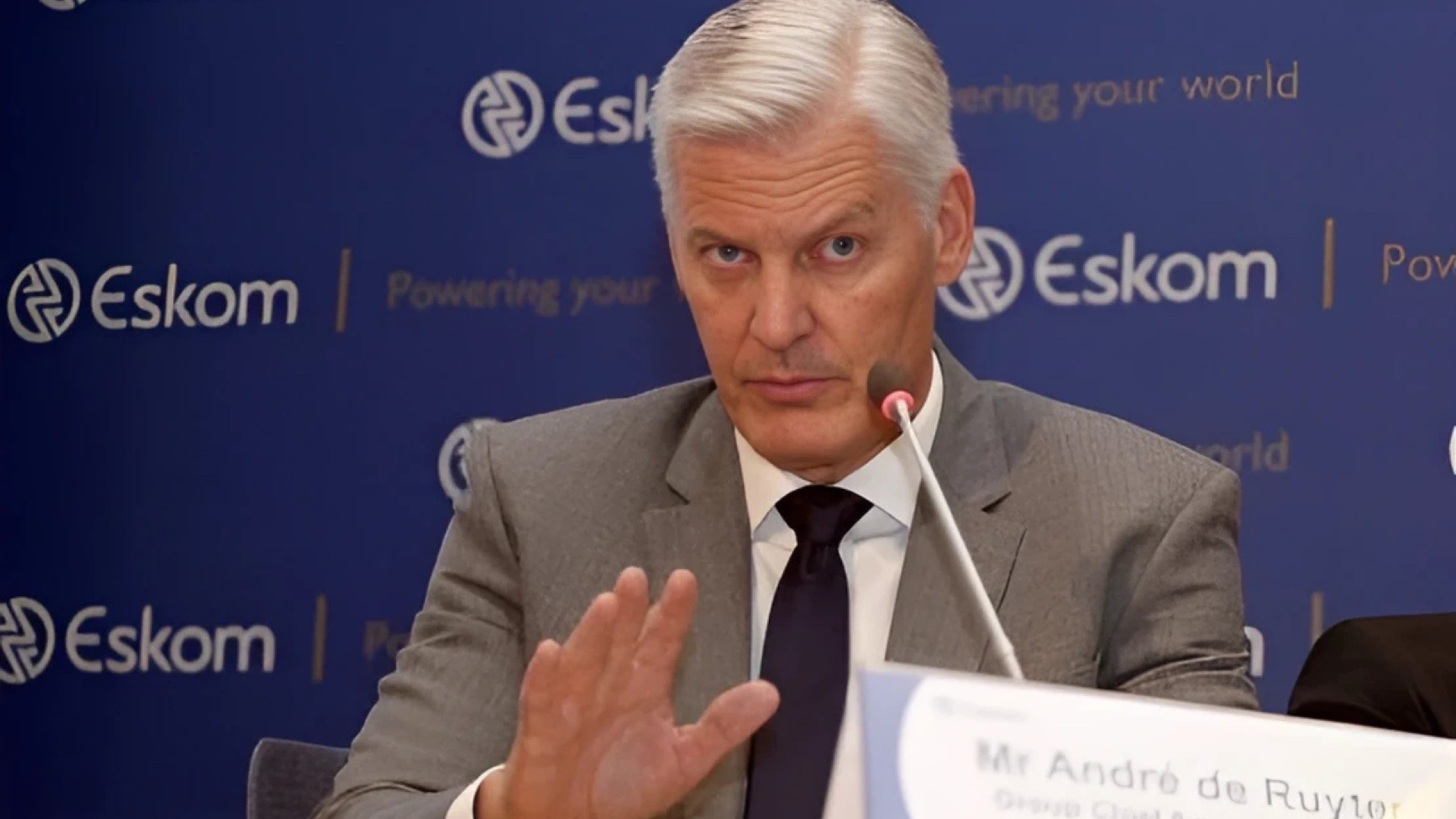Former Eskom CEO André de Ruyter warns South Africa faces a slide toward “collapse” unless leaders act fast. He points to weak growth, rising debt, investor flight, violent crime, and political killings. He argues confidence has cracked and the country needs a decisive policy pivot. Moreover, he says government must put credibility first and deliver visible wins that signal a break with drift.
Parallels with 1989
According to de Ruyter, today’s pressures echo the late 1980s, when the state confronted isolation, economic stress, and a crisis of legitimacy. Then, bold decisions reset the trajectory. Likewise now, the André de Ruyter warning indicates that only clear choices can avert further decline. Therefore, he urges a legacy-defining shift that opens space for investment, jobs, and social stability.
His Blueprint for Reform
De Ruyter’s proposals focus on growth and governance. He calls for tighter fiscal discipline and protection of central bank independence. In addition, he backs a smaller cabinet, faster deregulation, and less state crowding-out of private capital. He argues for a new, targeted empowerment model that prioritises the poorest.
He also pushes for a Chapter 9 anti-corruption body with real teeth, strong property rights, and cleaner politics. Furthermore, he urges a more predictable foreign policy that reassures investors and avoids unnecessary strategic risks. The message is simple: grow the economy first, and many problems become solvable, as highlighted by de Ruyter’s warning.
Why it Matters
Confidence drives investment. Without it, borrowing costs rise, the rand weakens, and jobs vanish. Consequently, households feel the pain through higher prices and failing services. The André de Ruyter warning frames a stark choice: continue with incrementalism or embrace “business unusual.” If leaders move quickly, they can stabilise the fiscus, crowd in private capital, and rebuild essential capacity.
The Road Ahead
South Africa still has time to change course. However, time is short and the window narrows with each delay. Ultimately, the warning from André de Ruyter challenges decision-makers to act—decisively, transparently, and in the public interest.


